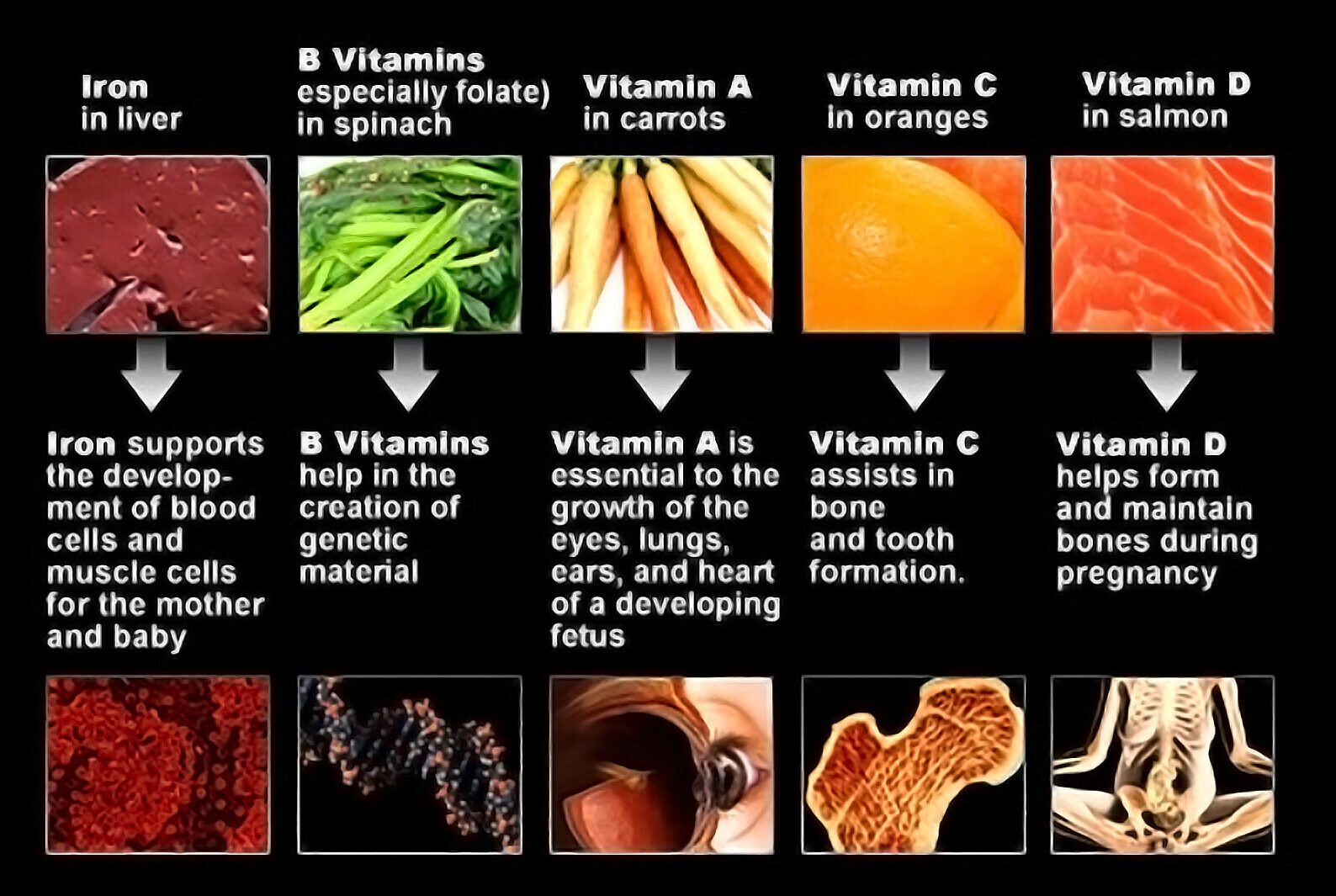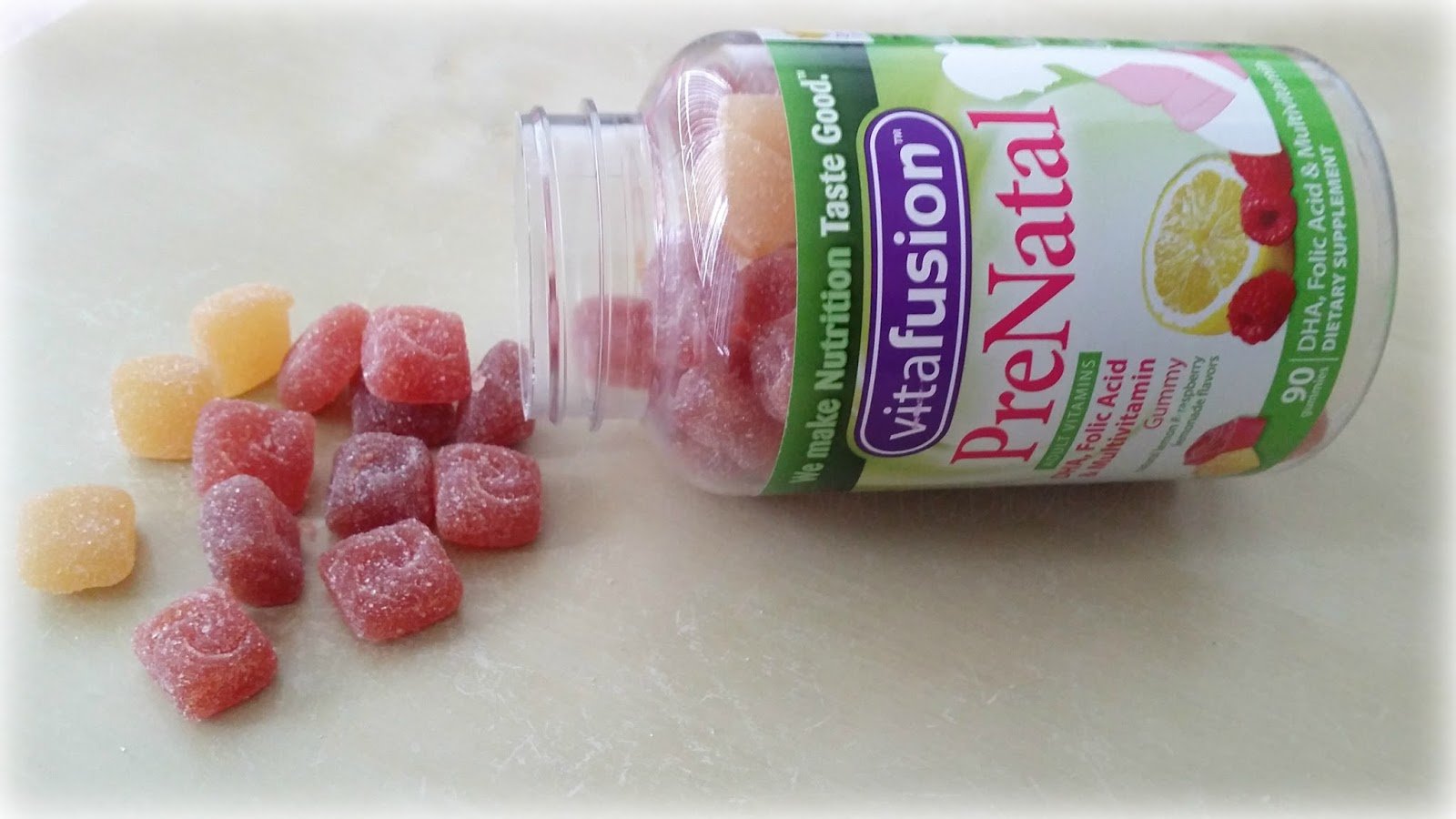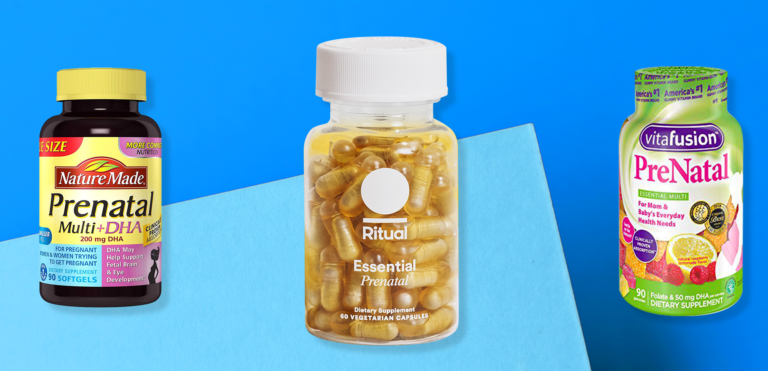Finding the right prenatal vitamins without iron can be crucial for expecting mothers who experience iron sensitivity or have specific medical conditions. While most prenatal supplements contain iron as a standard component, some women require iron-free alternatives to support their pregnancy journey safely and comfortably.
Whether you’re dealing with iron overload, digestive sensitivities, or following your healthcare provider’s specific recommendations, understanding when and why to choose prenatal vitamins without iron is essential for both maternal and fetal health. This comprehensive guide will explore everything you need to know about selecting the best iron-free prenatal supplements for your unique needs.
Why Some Women Need Prenatal Vitamins Without Iron
Understanding Iron Requirements During Pregnancy
During pregnancy, iron needs typically increase significantly due to expanded blood volume and fetal development. However, certain circumstances make prenatal vitamins without iron the safer choice for some expectant mothers.
Medical Conditions Requiring Iron-Free Supplements
Several health conditions may necessitate avoiding iron supplementation during pregnancy Hemochromatosis is a genetic disorder causing excessive iron absorption and storage. Women with this condition must carefully monitor their iron intake and often require prenatal vitamins without iron to prevent dangerous iron accumulation.
Thalassemia carriers or those with mild forms of this blood disorder may need to avoid additional iron supplementation, as their bodies may already have adequate or excessive iron stores.Iron sensitivity can cause severe digestive upset, including nausea, constipation, and stomach pain, making iron-free prenatal vitamins a more tolerable option.
Digestive Comfort and Compliance
Many women find that prenatal supplements without iron cause fewer gastrointestinal side effects, leading to better compliance with their prenatal vitamin regimen. Morning sickness combined with iron-induced nausea can make it nearly impossible to maintain proper nutrition during early pregnancy.
Top Benefits of Iron-Free Prenatal Vitamins

Reduced Digestive Side Effects
Prenatal vitamins without iron typically cause significantly fewer digestive issues compared to their iron-containing counterparts. This reduction in side effects can be particularly beneficial during the first trimester when morning sickness is most prevalent.
Better Nutrient Absorption
Without iron competing for absorption, other essential nutrients like zinc, calcium, and vitamin E may be better absorbed by the body. Iron can interfere with the absorption of these nutrients when taken simultaneously.
Customizable Iron Intake
Choosing iron-free prenatal vitamins allows for more precise control over iron intake. Healthcare providers can prescribe specific iron supplements separately if needed, tailoring the dosage to individual requirements.
Improved Compliance
Women who experience fewer side effects from their prenatal vitamins are more likely to take them consistently throughout pregnancy, ensuring better overall nutritional support for both mother and baby.
Why does this formula contain no iron or iodine?
At Best Nest, we know that pregnancy isn’t one size fits all. So, your prenatal multivitamin shouldn’t be either.
Your pregnancy is just as personal and unique as your growing baby. Some mamas experience sickness, some don’t. Some mamas experience side-effects of taking iron, whereas others don’t. And for some, taking iodine can lead to or worsen thyroid issues.
That’s why we’ve included an iodine-free and iron-free prenatal vitamin in our #1 customer-rated Mama Bird product line. It’s neurologist-mom crafted specifically for mamas who are sensitive to iron or have thyroid needs that require them to limit iodine intake.
Each serving contains over 30 brain-boosting nutrients + active methylated vitamins to support healthy neuro-development, energy production, memory and brain processing speed.
Our exclusive iodine & iron-free formula is easy to take – and gentle on the stomach – whether you’re planning, trying, or pregnant.
Essential Nutrients to Look for in Prenatal Vitamins Without Iron
Folic Acid and Folate
Every quality prenatal supplement should contain at least 400-800 micrograms of folic acid or folate to prevent neural tube defects. This remains crucial even in prenatal vitamins without iron.
Calcium and Vitamin D
Adequate calcium (1000-1200mg) and vitamin D (600-800 IU) support fetal bone development and maternal bone health throughout pregnancy.
Omega-3 Fatty Acids
DHA and EPA support fetal brain and eye development. Look for prenatal vitamins that include these essential fatty acids or consider a separate omega-3 supplement.
B-Complex Vitamins
B vitamins, particularly B6 and B12, support energy metabolism and may help reduce morning sickness symptoms.
Vitamin C and Zinc
These nutrients support immune function and wound healing, becoming increasingly important during pregnancy and postpartum recovery.
When to Choose Non-Iron Prenatal Vitamins

First Trimester Considerations
During early pregnancy, prenatal vitamins without iron may be preferable for women experiencing severe morning sickness. The reduced side effects can help maintain nutritional compliance during this critical developmental period.
High Iron Status
Women with naturally high iron stores or those consuming iron-rich diets may not need additional iron supplementation. Blood tests can determine iron status and guide supplement selection.
Multiple Pregnancies
Women carrying multiples may have different nutritional needs and may benefit from customized supplementation approaches, sometimes including iron-free prenatal vitamins with separate iron dosing.
Breastfeeding Transition
Some women continue prenatal vitamins while breastfeeding and may prefer iron-free options if their iron stores have normalized postpartum.
How to Safely Supplement Iron Separately
Timing and Absorption
If iron supplementation is needed alongside prenatal vitamins without iron, timing becomes crucial. Iron is best absorbed on an empty stomach but can be taken with vitamin C to enhance absorption.
Monitoring Iron Levels
Regular blood tests should monitor hemoglobin, hematocrit, and ferritin levels to ensure appropriate iron status throughout pregnancy.
Food Sources of Iron
Incorporating iron-rich foods like lean meats, leafy greens, and legumes can help maintain adequate iron levels without supplementation.
Potential Risks and Considerations
Iron Deficiency Concerns
The primary risk of using prenatal vitamins without iron is the development of iron deficiency anemia. Regular monitoring ensures early detection and treatment if needed.
Individual Assessment Required
Not all women are suitable candidates for iron-free prenatal vitamins. Healthcare provider consultation is essential before making this choice.
Third Trimester Needs
Iron requirements peak during the third trimester, so women using prenatal supplements without iron may need closer monitoring during this period.
Popular Brands and Products
Quality Considerations
When selecting prenatal vitamins without iron, look for third-party tested products from reputable manufacturers. USP verification or similar certifications ensure quality and potency.
Cost Comparison
Iron-free prenatal vitamins may cost slightly more than standard formulations due to specialized manufacturing requirements and smaller market demand.
Availability
While less common than standard prenatal vitamins, pregnancy vitamins without iron are available through pharmacies, health food stores, and online retailers.
Read More: Nutrition and Fertility, How Your Diet Affects Conception?
Expert Recommendations and Guidelines
Healthcare Provider Consultation
Always consult with your healthcare provider before switching to prenatal vitamins without iron. They can assess your individual risk factors and iron status.
Monitoring Schedule
Women using iron-free prenatal vitamins typically require more frequent blood work to monitor iron status throughout pregnancy.
Dietary Counseling
Nutritional counseling can help optimize iron absorption from food sources when using prenatal vitamins without iron.
Comparing Iron-Free vs. Standard Prenatal Vitamins
Feature Iron-Free Prenatal Vitamins Standard Prenatal Vitamins Digestive tolerance Generally better May cause nausea, constipation Iron content 0mg18-30mg typically CostSlightly higherStandard pricingAvailabilityMore limited Widely available Customization Allows separate iron dosing Fixed iron amount Side effects Fewer GI issues More potential for iron-related side effects
Conclusion
Choosing the right prenatal vitamins without iron requires careful consideration of your individual health needs, iron status, and pregnancy circumstances. While standard prenatal vitamins include iron for good reason, iron-free alternatives serve an important role for women with specific medical conditions or sensitivities. The key to success lies in working closely with your healthcare provider to monitor your nutritional status and ensure both you and your baby receive optimal support throughout pregnancy.
Remember that prenatal vitamins without iron are not suitable for everyone, and regular blood monitoring is essential to prevent iron deficiency. By understanding your options and maintaining open communication with your healthcare team, you can make informed decisions about prenatal supplementation that support a healthy pregnancy journey.
If you’re considering making the switch to prenatal vitamins without iron, schedule a consultation with your healthcare provider today to discuss whether this option is right for your unique pregnancy needs. Your personalized approach to prenatal nutrition will help ensure the best possible outcomes for both you and your growing baby.
FAQs
Are prenatal vitamins without iron safe during pregnancy?
Yes, prenatal vitamins without iron can be safe when used under medical supervision. They’re particularly appropriate for women with iron overload conditions, iron sensitivity, or those who obtain adequate iron from their diet. Regular blood monitoring ensures iron levels remain adequate throughout pregnancy.
When should I consider iron-free prenatal vitamins?
Consider iron-free prenatal vitamins if you have hemochromatosis, iron sensitivity, severe morning sickness worsened by iron, or if blood tests show adequate iron stores. Always consult your healthcare provider before making this decision.
Can I get enough iron from food alone during pregnancy?
While it’s possible to meet iron needs through diet alone, pregnancy significantly increases iron requirements. Foods rich in heme iron (meat, fish, poultry) and non-heme iron (leafy greens, legumes, fortified cereals) can help, but many women still need supplementation.
How do I know if I need iron supplementation with my iron-free prenatal vitamins?
Regular blood tests measuring hemoglobin, hematocrit, and ferritin levels will indicate if you need additional iron supplementation. Your healthcare provider will recommend appropriate testing schedules based on your individual risk factors.
What are the signs of iron deficiency I should watch for?
Signs of iron deficiency include fatigue, weakness, pale skin, brittle nails, unusual cravings for non-food items (ice, starch), and restless leg syndrome. If you experience these symptoms while taking prenatal vitamins without iron, contact your healthcare provider immediately.

